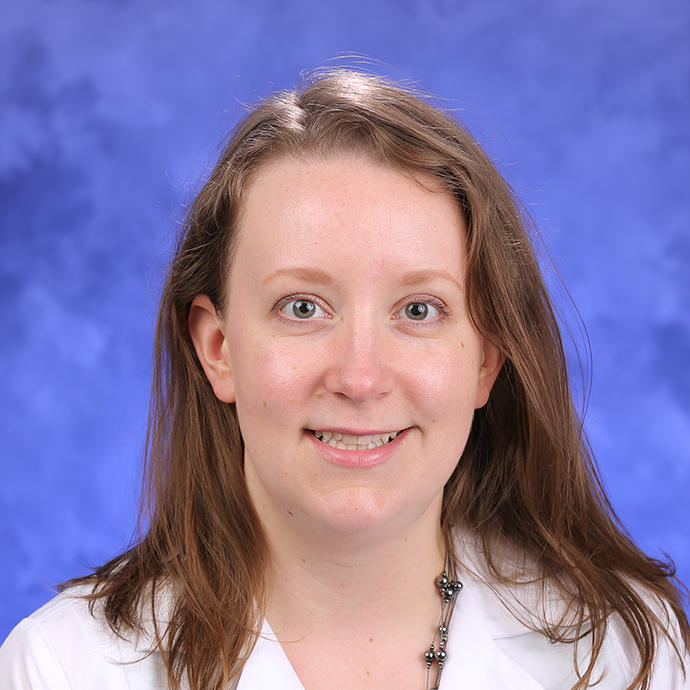Bringing Cancer Prevention Tools to Underserved Communities
Experiences that Jennifer Moss, Ph.D., from Penn State College of Medicine, had as a child, while living in a variety of states and communities, showed her that where people live can influence their health. As the first in her family to attend college, she received a fellowship with an organization that focused on underserved and underrepresented students. This led to a bachelor’s degree in psychology and graduate studies in health behavior.
Jennifer whittled down her broad interest in women’s health to focus on human papillomavirus (HPV) vaccination research, cervical cancer burden, and cancer prevention tools. Encouraged by advisers and mentors, Jennifer applied for and received training support from NCI that included a Cancer Prevention Fellowship nestled between her predoctoral F31 and current postdoctoral K22 grants.
Persistent poverty, cancer, and the rural environment
It was during the NCI prevention fellowship that Jennifer worked on a study of cancer outcomes in US counties, which was the first to examine how persistent poverty, rural environment, and race work together to produce higher rates of cancer death. The study concluded that multilevel interventions addressing these issues are needed to improve cancer outcomes.
The research solidified Jennifer’s interest in the impact of geography on health outcomes in rural areas. “We know we can prevent up to 50% of cancer mortality through behavior change. But it’s hard to change people’s behavior—health-related behaviors in particular,” she reflected. In counties with persistent poverty—of which 85% are rural—creativity is paramount. “These aren’t communities that have a lot of resources that you can connect people with to enhance their health. You have to think more creatively about how to use community assets that are a little less traditional, like churches and community groups.”
Jennifer’s research has shown that a one-size-fits-all approach is often ineffective. “Rural communities are different from each other,” Jennifer explained. “Understanding the differences across rural communities that make people more or less likely to get and die from cancer is not only helpful for rural populations, but for the whole country.” She hopes her research will help identify factors that give rise to the burden of cancer disparities.
Bringing cancer prevention tools to the underserved
Patients in the rural communities of Pennsylvania where Jennifer works often have limited access to health care services. She collaborates with health centers to get people the clinical cancer prevention services they need. Specifically, Jennifer’s postdoctoral K22 grant studies the effect of providing eligible women in rural, segregated communities with educational materials about cancer screening and self-collected cervical (HPV) and colorectal (fecal immunochemical test [FIT]) cancer screening tests.
More than 70% of eligible participants in her study have completed self-sampling tests. She’s elated with this success rate. “Many people have said, ‘I’m so glad to help you figure this out. And I want to help other people who are like me,’” Jennifer said. “They’ve told us about talking with their partners, their parents, their children—it’s opened up conversations about what everyone in the family can do to reduce the risk of cancer.”
Support for innovative research
Jennifer is grateful for NCI’s support. “I can’t overstate the positive impact that NCI has had on my career. It’s allowed me to do innovative research, work with a number of exciting collaborators, and reach out to patients who are often left out of scientific work,” she said. Recently, she received a supplement to her K22 award that supports the continuation of her research while she is on maternity leave. This serves as an example of how NCI supports early-career investigators.
For Jennifer, NCI’s support has allowed her “to focus on making sure my science is as good as possible—rigorous, innovative, and impactful—as I try to make a difference in people’s lives and decrease the cancer burden in this country.”
